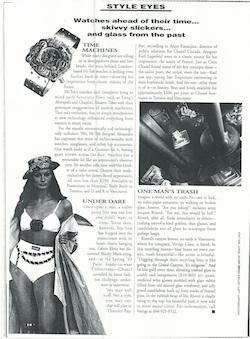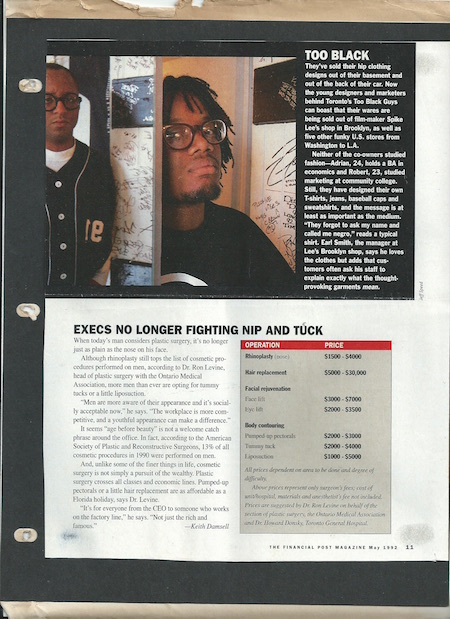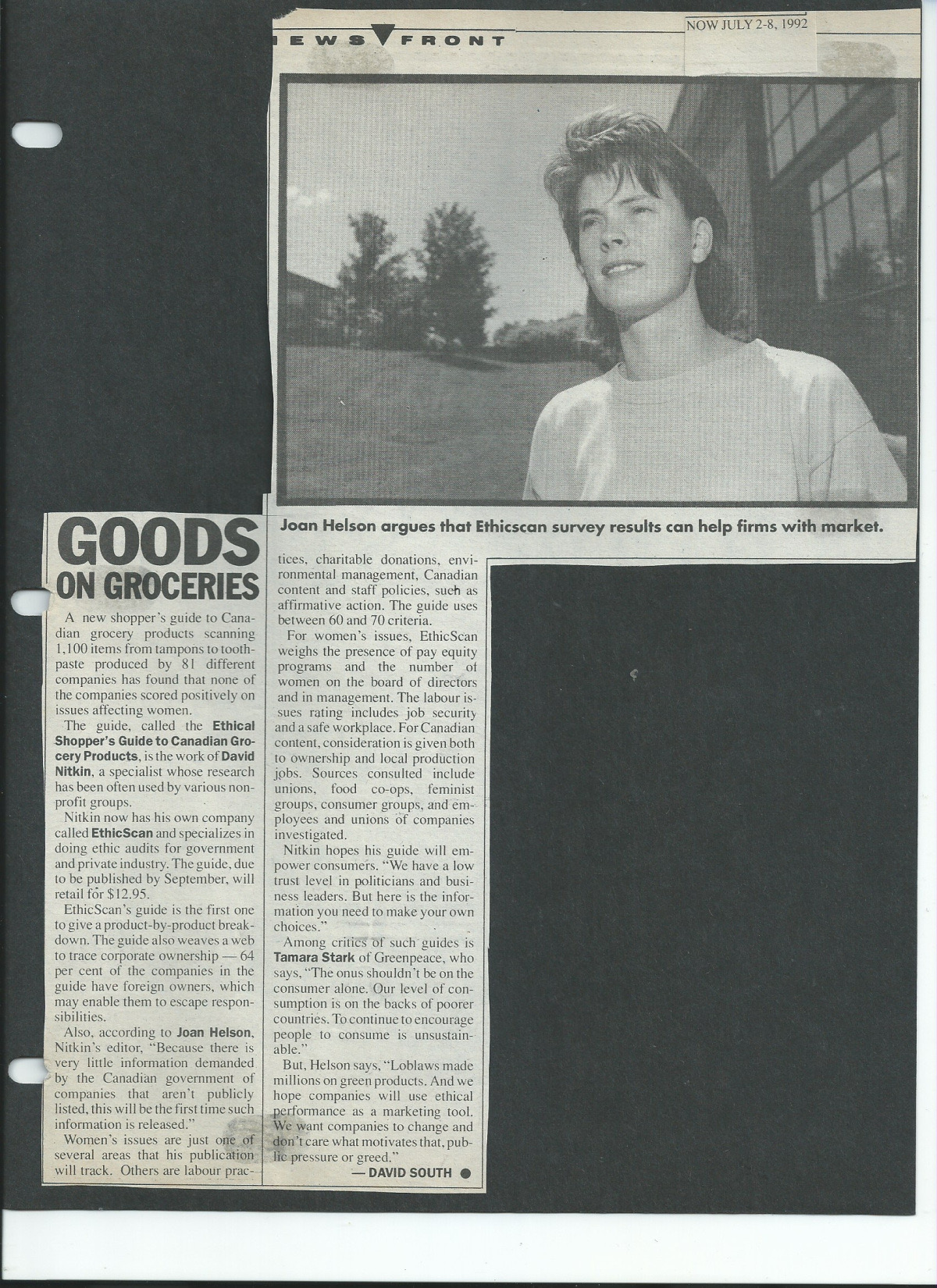Pavlov's Army | This Magazine August 1992
 Thursday, March 12, 2020 at 9:49AM
Thursday, March 12, 2020 at 9:49AM 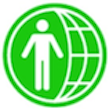
By David South
In August 1992 I wrote a feature for Canada's This Magazine. The country was in the depths of a severe recession and an austerity crisis but this also came with two emergencies requiring the Canadian Armed Forces: the first Gulf War from 1990 to 1991, and at home, the 1990 Oka Crisis. A few years prior (1988) changes were made to the War Measures Act (Canada invoked the War Measures Act in 1970 during the October FLQ Crisis, bringing troops to Canadian streets and mass arrests), replacing it with something called the Emergency Measures Act (EMA) (now Emergencies Act), which was given Royal Assent in 1988. I interviewed various legal experts on this new legislation and its implications and applications in future civil emergencies.
"The EMA WILL be used to suppress civil liberties in various parts of the country," says Rosenthal. "A thing to keep in mind is that although the War Measures Act was passed during the First World War, it wasn't used in a terrible way until 1970. The emergencies legislation is on the books. The Public Order Emergency could be used to suppress any kind of legitimate dissent."
Many critics fear there is potential for manipulation of the EMA in the heat of the moment in the hands of an unscrupulous government.
"Words are very malleable," says Rosenthal. "It was absurd for Trudeau to claim that there was an apprehended insurrection in Quebec in 1970. As he said the words he knew it was a lie."
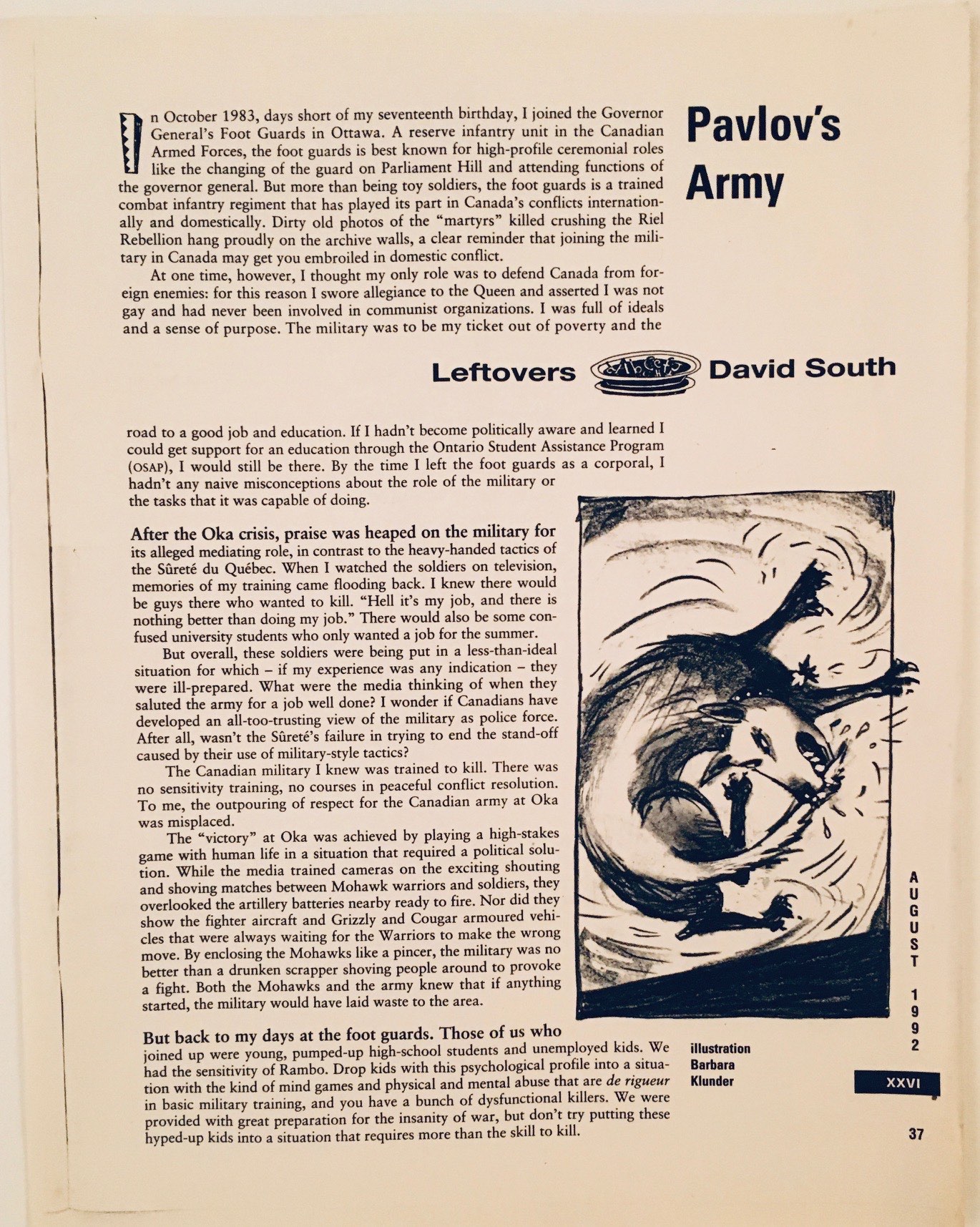 Pavlov's Army appeared in Canada's This Magazine in August 1992.
Pavlov's Army appeared in Canada's This Magazine in August 1992.
Find in a library:
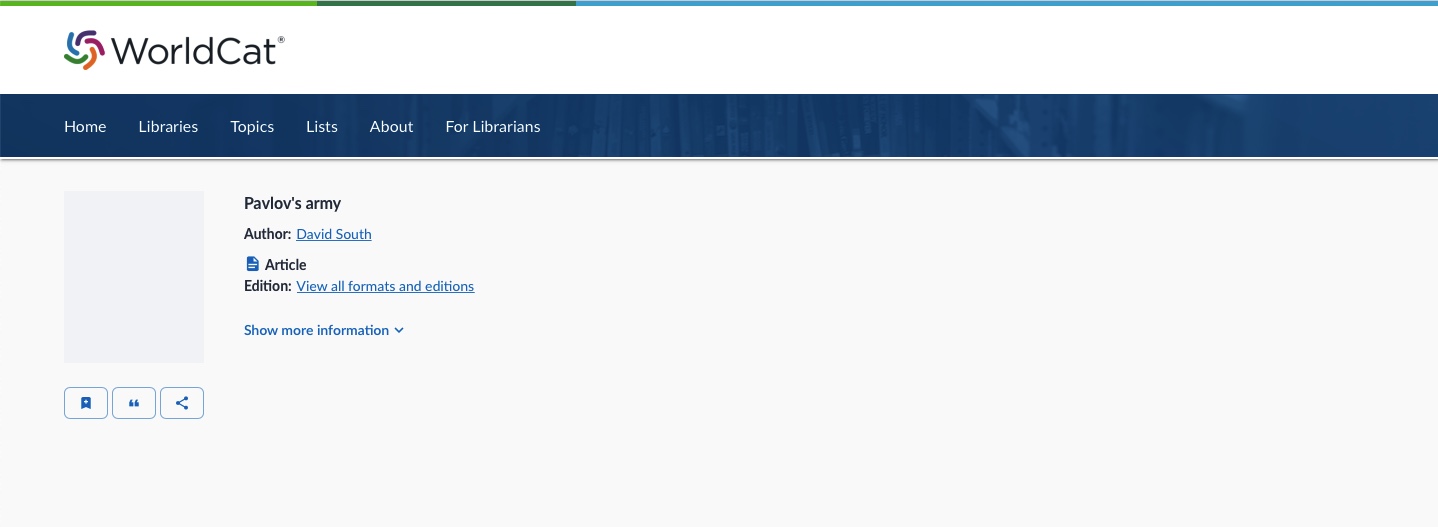 Now only available behind a paywall. Contact WorldCat.org.
Now only available behind a paywall. Contact WorldCat.org.
Worldcat.org:
Pavlov’s army, This Magazine, 26, August 1992, 37
ISSN: 1491-2678
OCLC Number / Unique Identifier: 8248796243
Taking measure of the Emergency Act, This Magazine, 26, August 1992, 38
ISSN: 1491-2678
OCLC Number / Unique Identifier: 8248423587
Further reading:
Canada evolves from peacekeeper to war-fighter by A. Walter Dorn, The Toronto Star, Dec. 21, 2013
IS CANADA A NATION OF WARRIORS OR PEACEKEEPERS? HOW TO REFOCUS ON UNITED NATIONS PEACE OPERATIONS by Maj M.C.C. Lafortune, Canadian Forces College, 2016-2017
Manitoba Law Journal: The New Emergencies Act: Four Times the War Measures Act, 1991 CanLIIDocs 129
Doug Ford declared a state of emergency. Should Justin Trudeau do the same?
Warrior Nation: Rebranding Canada in an Age of Anxiety by Ian McKay, Jamie Swift (2012)
Warriors Or Peacekeepers? Building Military Cultural Competence, Editors: Kjetil Enstad, Paula Holmes-Eber (2020)
This work is licensed under a
Creative Commons Attribution-Noncommercial-No Derivative Works 3.0 License.
ORCID iD: https://orcid.org/0000-0001-5311-1052.
© David South Consulting 2023

